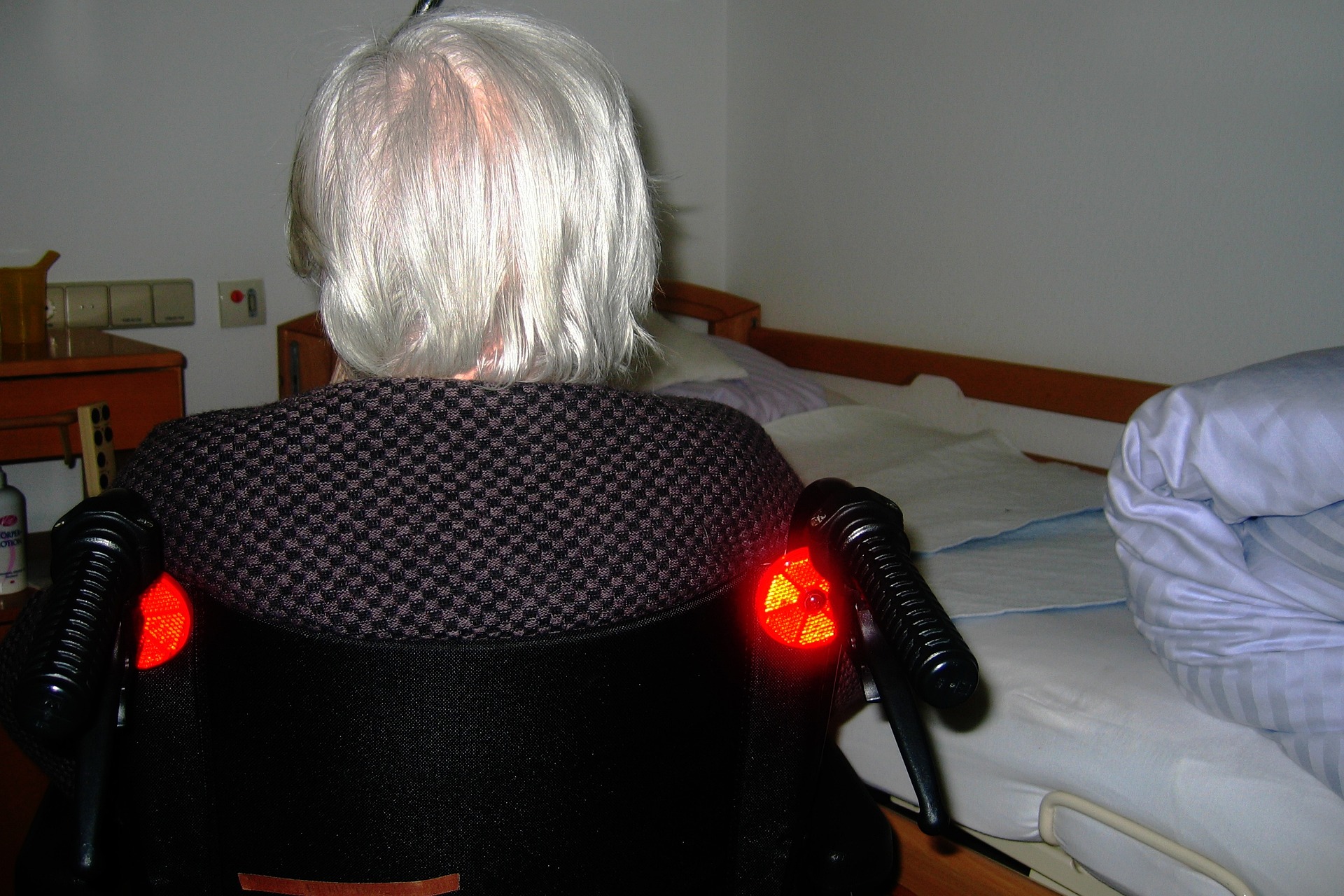Caregivers for dementia patients are no strangers to the challenges that the disease presents. While other phases of the illness may be emotional and troubling, the end stage is typically the most difficult for caregivers to navigate and cope with. Alzheimer’s and dementia patients eventually lose their remaining physical and cognitive capabilities and become entirely reliant on other people, making caregiving more time-consuming than ever. In late-stage dementia, caregivers should focus on pain management and helping their loved ones to work through the distress they may feel.

At this time, the dementia patient may be confined to their bed as their body slowly shuts down. They are also likely to be non-communicative at this stage. The evident indications of late-stage dementia may include the following:
- Inability to effectively communicate
- Loss of mobility
- Severe weight loss
- Occurrence of seizures
- Skin inflammations or infections
- Difficulty eating, especially swallowing
- Vocalizing in unintelligible groans or grunts
- Sleeping more frequently and for longer periods
- Incontinence
- Sundowning
- Aggressive, inappropriate episodes or reactions to others
- Rocking back and forth repeatedly
- Excessive hand movement and restlessness
- Repeating the same words over and over
- Hallucinations or visions
Read more at the Alzheimer’s Association for expert tips on how to help ease discomfort and reduce distress for someone suffering from late-stage dementia.
Recommendations for Dementia Caretakers
In recent studies, researchers found that late-stage dementia patients were often moved between nursing homes and hospitals in their final days. This activity has a significant negative effect on the patient’s overall well-being. It creates additional confusion and can cause agitation and serious health complications. For example, older adults with late-stage dementia transferred between nursing homes and hospitals were twice as likely to require an ICU in the last month of their life (and three times more vulnerable to bedsores.)
Based on these results, many healthcare professionals now recommend that late-stage dementia patients should have access to the same care as all other terminally ill individuals. Palliative care – also known as a pain-management approach to end-of-life care – allows caregivers and physicians to focus on patient comfort so that their quality of life experience is as positive as possible in their last days. The more aggressive treatment that may be available in s hospital does not appear to provide any longer of a lifespan – but can make those final days more anxious than they need to be.
Healthcare experts are proactively considering how to successfully apply a palliative care strategy for end-stage dementia patients, as well as reevaluating how they interact with family members at this time. Some senior care advocates suggest that more awareness and education are necessary for families who are often trying to extend life at all costs. Other providers believe there are not enough medical professionals with palliative care training, making it difficult for the facility to rise to the level of needed care under this approach.
The later stages of Alzheimer’s or dementia are challenging for everyone who loves and cares for the patient. Medical professionals also understand that family members must pay attention to needed self-care during this difficult period in their lives, as they, too, must begin to accept the imminence of their loved one’s passing.
A Banyan Residence is a memory care facility located in Venice. We are committed to providing compassionate, professional memory care services to our residents and to assisting families in accepting their loved one’s condition. If you are worried about your loved one’s mental health but are unsure about where they fall in the spectrum of needed care, call today for a consultation. We will work with you to evaluate the health of your loved one and determine the best care plan for their situation.
